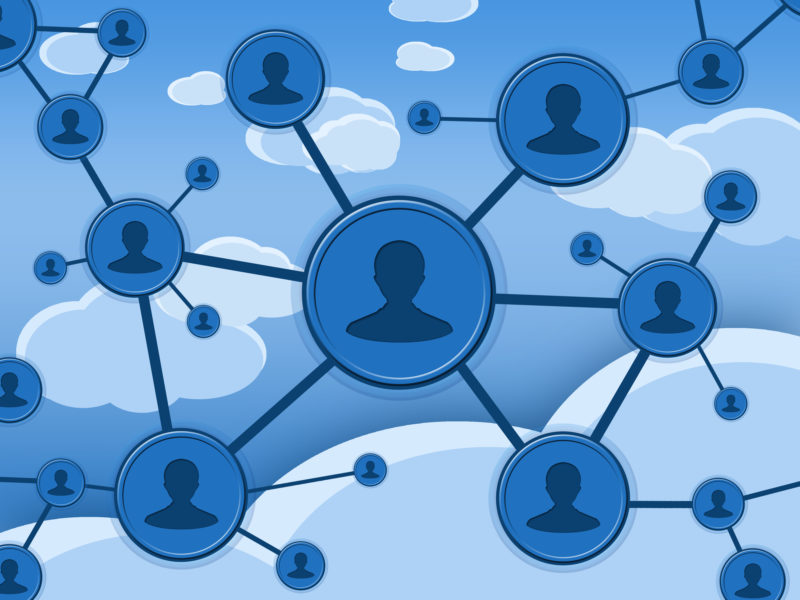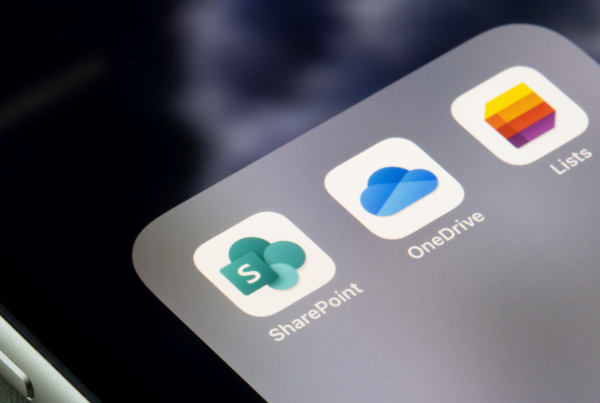
It’s time to take your privacy more seriously thanks to the Facebook/ Cambridge Analytica scandal
With social media giant Facebook in the middle of an unravelling scandal around the misuse of user data, Internet users must reconsider their online behaviour and habits.
Data is the new gold, and both individuals and companies will go to great lengths to obtain your personal information for profit and influence.
As the Facebook/ Cambridge Analytica scandal unfolds, with the revelation that information from up to 50 million Facebook profiles was shared with an outside company, data protection measures must be reviewed and strengthened.
“Unfortunately, when social media users engage with companies like Facebook, they often agree to certain terms and conditions without even realising it,” explains Aaron Thornton, Operations Director at IT consultancy Dial a Nerd.
“Users continuously sign over more data and more access to their lives, including their physical location and access to networks of friends.”
Data is the new gold, and both individuals and companies will go to great lengths to obtain your personal information for profit and influence
This ‘unwitting’ access is the root cause of the outrage currently being directed at Facebook, triggering a rare apology from CEO Mark Zuckerberg.
Data for profit
- On Friday 16 March, reporters told Facebook that Cambridge Analytica had retained copies of private data for about 50 million Facebook users.
- Facebook says Cambridge promised in 2015 that the data would be deleted.
- Facebook reacted to the news reports by banning Cambridge and several of its associates from the platform.
In essence, Cambridge Analytica specialises in psychographics, which means that they take enormous amounts of data and feed it through psychological profiling tools and algorithms to understand how people react and behave both online and offline.
“They then take this data and use it to create stories, blogs, or #fakenews [if that’s what their customer wants] and deliver it back into your “Facebook feed” to see how you behave with it,” explains Thornton.
“If you click, then you are engaging. When they present something that your psychological profile indicates to a 72% chance that you will engage with and you do… then you increase the likelihood that you will respond again in future, and so too will your friends.”
This type of behavioural and psychological information is incredibly valuable to companies, governments, presidential candidates, cybercriminals and many others.
Already, such data has been used for political and financial gain, as well as to sway political influence.
Managing your data, protecting your privacy
So how should social media users respond to this nefarious and well-disguised threat?
According to Dial a Nerd’s Thornton, active password management is key.
“Good password management is an easy way to start better protecting your data and your identity,” he says. “Try to change your password at least four times a year, so set the four dates in your calendar now so that you adhere to it. It’ll be frustrating at first, but once you are used to it, you will create a methodology that you can stick to.”
Also, he notes that your password should always be alphanumeric – containing both letters and numbers.
“There are simple ways to train yourself to use a system that will make sense for you, and you can search for some of these “life hacks” yourself and choose one that you think will work,” he adds.
Where is your data going?
Concerning Facebook, Thornton says that this specific data “breach” was not a breach at all, but rather a set of rules (that users agreed to when installing the application that led to the data capture) to allow applications or programs access to a host of data. The only way to manage this threat is to set up security and privacy rules on Facebook accounts in such a way that it does not allow applications to access your data. However, you must then be aware that the applications may not do what you want them to.
Be careful when connected to ‘free Wi-Fi’ connections or the ‘unsecured’ wireless Internet that is offered in most hotels, coffee shops and similar areas – as the data you are transmitting will not be encrypted
New fitness trackers are a good example of this.
“People want the data the tracker provides, but have not taken the time to understand who else has access to that data and whether it is transferred to other parties,” notes Thornton. “As a result, one needs to ensure that the data you share with a company or an application is for that use alone – and in terms of the end-user license agreement – it will not be shared with others.”
Finally, be careful when connected to ‘free Wi-Fi’ connections or the ‘unsecured’ wireless Internet that is offered in most hotels, coffee shops, and similar areas – as the data you are transmitting will not be encrypted.
This means that when you are on these connections, keep your interactions to email or simple browsing – and do not log onto your bank or other important sites where you will be inputting usernames and passwords!
This article originally appeared on All4Women



